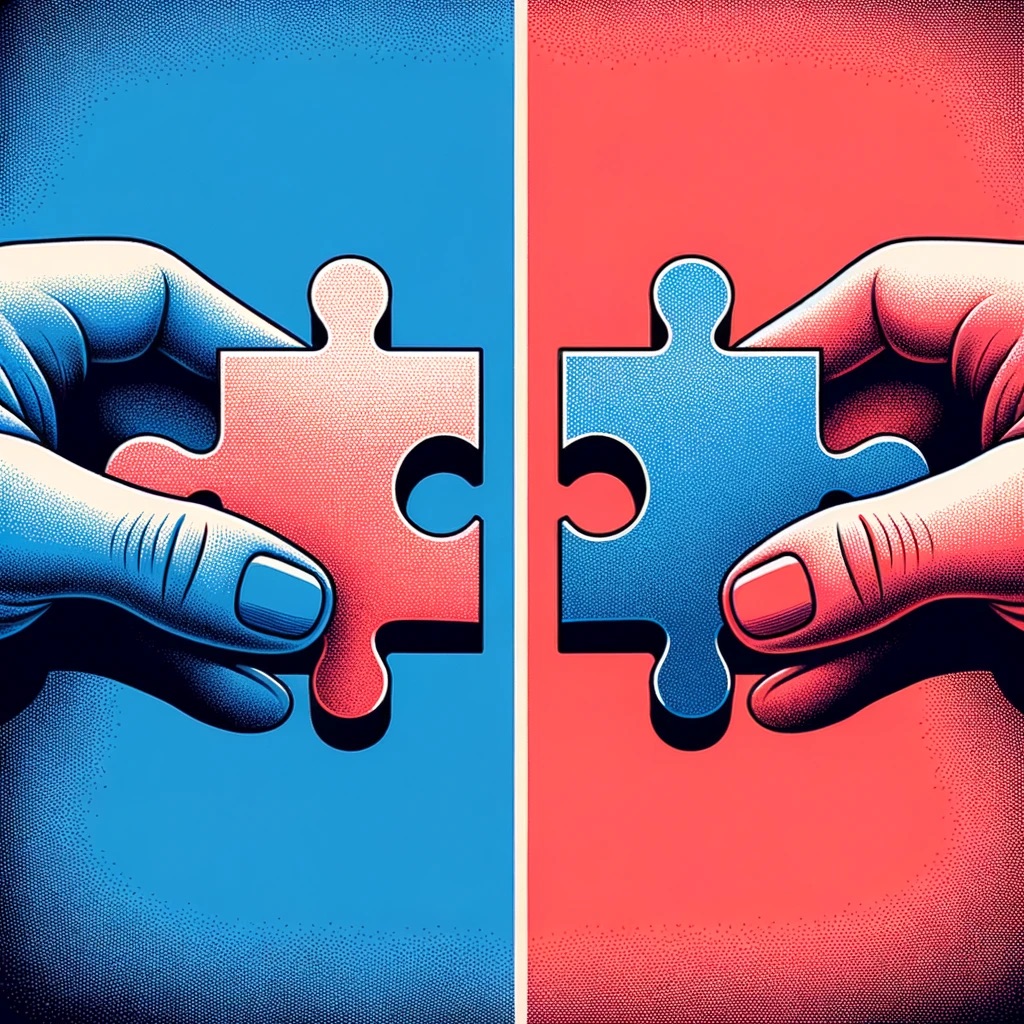
Por admin
July 9, 2024
By Hernan Charosky
Is the set of demands and tools of transparency, integrity, access to information, and open data—in sum, open government—politically neutral? Or can it be weaponized by any political opposition against any incumbent?
On one hand, these demands, rights, norms, and practices stem from the democratic revolutions of the 18th century. The political theology of popular sovereignty and the citizen as ruler includes the idea of public oversight over government affairs. The rights of freedom of expression (including access to information) and freedom of association are part of this exercise. From this perspective, openness is neutral, a common sphere of rights and institutions shared by everyone, without partisanship.
On the other hand, discussions about government transparency inherently involve mistrust of government and potential corruption of incumbents. Therefore, such conversations are often promoted by the opposition or are beneficial to it. Defenders of incumbents are unlikely to accept demands for openness if they could harm those in power, while critics will eagerly demand information on any government action suggesting corruption, mismanagement, or deviation from good governance. In this context, the answer to the initial question is yes, it can be weaponized.
In a global context of polarization, antagonism, and identity politics, public debate can easily become dominated by the interests of the incumbent or opposition, rather than adherence to liberal-democratic values. Discussions about openness reforms can quickly turn into contentious political battles. This is problematic both short and long term. In the short term, it hinders the flow of debate towards transparency on specific public agenda issues. In the long term, it prevents the building of institutions with impartial rules for everyone, undermining the legitimacy of tools empowering citizens to know and control.
What can be done to neutralize this trend and ensure intellectual honesty and impartiality in public debates about immediate openness demands and long-term institution building? The answer is neither easy nor obvious. It requires time and resources to build a shared space for discussion. Experts, activists, and political leaders, across polarization lines, need to engage in long-term dialogue. This dialogue must employ methodologies allowing for discussions on various problems related to government openness, from everyday life to more politically contentious topics, aiming for either concrete consensus or optimized dissents. Consensus should lead to changes in norms and practices, while optimized dissents should lead to de-polarized debates, where differences are interpreted constructively, permitting continued dialogue and respect for decisions.
The rapid pace of politics, the need to show political gains, or the fear of differences often conspire against investing the time and resources such a proposal requires. However, experiences in different countries and policy areas show that pluralism, safe spaces, and methodological tools can improve democratic debate and policy results. Two publications in which I participated collect experiences testing features to promote politically pluralistic dialogue and include stakeholders with opposing agendas. Among these features, the following are noteworthy:
• Creating mutual personal trust among participants, focusing on common problems, discouraging dramatic, political assembly-like situations.
• Detailed note-taking, transparency, and participation in document and meeting minute elaboration.
• Transparency, foreseeability, and good faith in designing a roadmap, rules of the game, and expected results.
• Awareness of potential risks and benefits for participants, the extent politics restricts their action, and possible political gains making them more comprehensive.
• When a public office leads the dialogue process, the methodology and rules must differentiate the government’s specific political agenda from the common interest of the participatory, pluralistic forum.
These insights come from experiences in various Latin American countries, such as Argentina, Uruguay, Peru, Colombia, Mexico, and Honduras. In diverse policy areas like sexual and reproductive rights, race and minority inclusion, electoral campaign rules, access to information, and social coexistence in neighborhoods, dialogues between different political parties and social interests have shown the potential of embracing differences and transforming conflicts.
Advancing an openness agenda requires broad social and political legitimacy. Polarization and uncivil public conversation hinder building such legitimacy. Partisanship can weaponize openness against the opposition and make lack of transparency acceptable for sympathizers of the incumbent. To sustain this agenda, fora must be created where different political and cultural identities can coexist, build trust, discover commonalities hidden by cultural wars, and make diverse opinions a source of new ideas and consensus that the vast majority, despite their differences, feel ownership of and defend.

